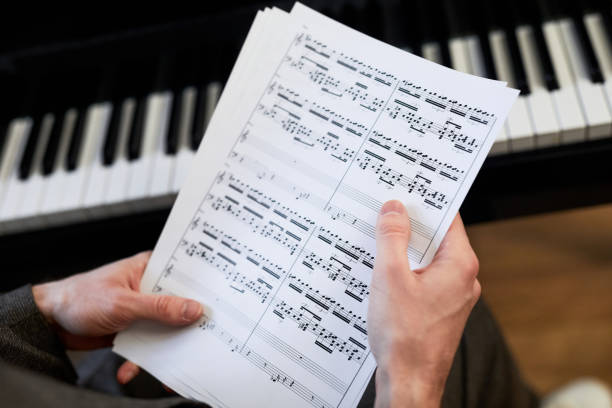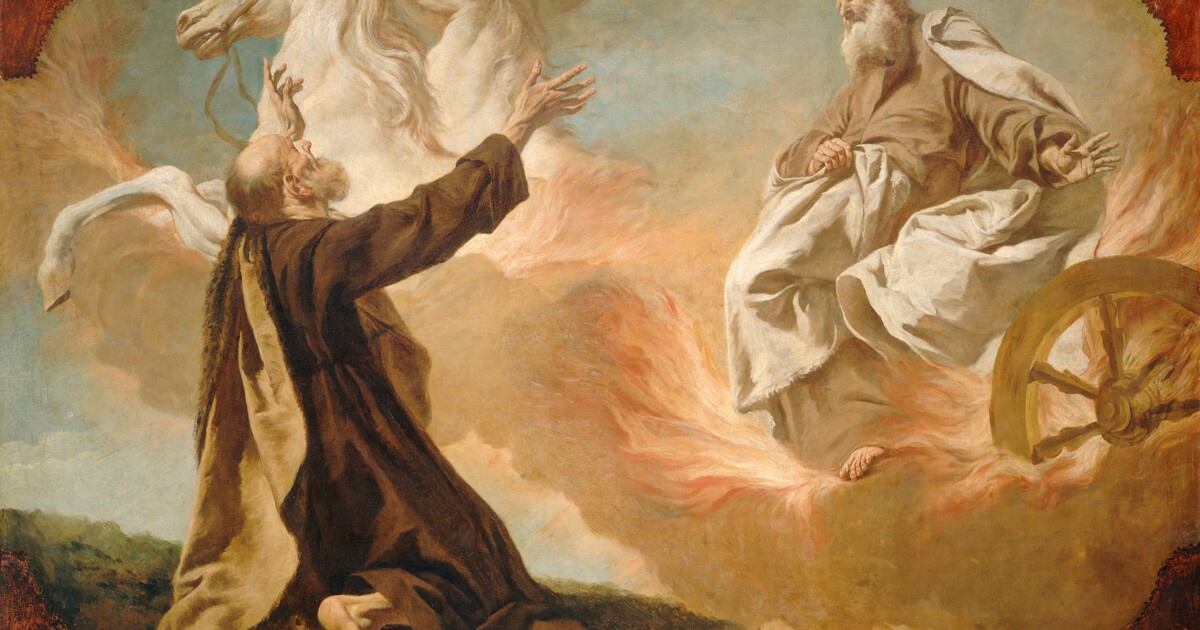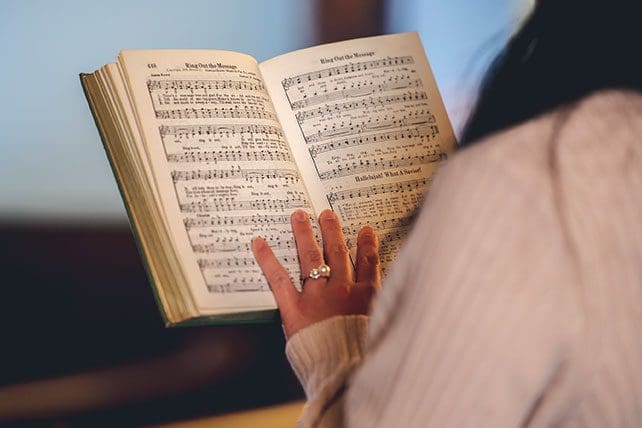O God, Our Help in Ages Past
By Isaac Watts
Lyrics
Our hope for years to come,
Our shelter from the stormy blast,
And our eternal home:
Your saints have dwelt secure;
Sufficient is your arm alone,
And our defense is sure.
Or Earth received her frame,
From everlasting you are God,
To endless years the same.
Are like an evening gone,
Short as the watch that ends the night
Before the rising sun.
Bears all its sons away;
They fly, forgotten, as a dream
Dies at the op’ning day.
Pleased with the morning light;
The flow’rs beneath the mower’s hand
Lie with’ring ere ’tis night.
Our hope for years to come,
Be thou our guard while troubles last
And our eternal home.
Bible Reference
Psalm 90:1
About This Hymn
Author – Isaac Watts (1674–1748)
Composer – William Croft (1678–1727)
Tune Name – “St. Anne”
Meter – Long Meter (LM, 88.88)
Scripture Reference – Psalm 90:1: “Lord, thou hast been our dwelling place in all generations.” (KJV)
“O God, Our Help in Ages Past” stands as one of the most enduring hymns of the English-speaking world, a majestic paraphrase of Psalm 90 written by Isaac Watts in 1719. Known as the “father of English hymnody,” Watts revolutionized the way Christians sang by transforming Scripture into metrical verse that was not only faithful to biblical meaning but also expressive of deep personal devotion. This particular hymn is based directly on Psalm 90, a psalm of Moses that reflects on God’s eternal nature in contrast to the frailty and fleeting existence of humanity. Watts’s paraphrase captures the Psalm’s theological weight, especially the themes of divine sovereignty, human mortality, and the constancy of God’s protection through generations. Originally published in The Psalms of David Imitated in the Language of the New Testament, this hymn was part of Watts’s broader effort to Christianize the psalms for use in public worship, focusing on universal truths with New Testament insights.
When the hymn was first published, it contained nine stanzas, though most modern hymnals include only a selection—typically six or fewer. The opening stanza, “O God, our help in ages past, our hope for years to come,” instantly sets a tone of solemn trust, drawing on God's past faithfulness to inspire future confidence. Throughout the hymn, Watts reflects on God's timeless nature—“Before the hills in order stood, or earth received her frame / from everlasting thou art God, to endless years the same”—while also confronting the sobering brevity of human life: “Time, like an ever-rolling stream, bears all its sons away.” These lines balance theological depth with poetic grace, making the hymn suitable for a range of occasions, from New Year’s services and times of national crisis to funerals and memorials. Its use during moments of collective remembrance, particularly in British and Commonwealth ceremonies, has only deepened its historical and emotional significance.
The tune most famously associated with the hymn is “St. Anne,” composed by William Croft in 1708. Croft, an English composer and organist at the Chapel Royal and Westminster Abbey, originally wrote the tune as a setting for Psalm 62 in the 1708 edition of the Supplement to the New Version of the Psalms of David. The name “St. Anne” likely derives from the church where Croft served as organist—St. Anne’s Church in Soho, London. The melody, stately and dignified, was a perfect match for Watts’s lofty text, and the pairing soon became standard. “St. Anne” has also been used in various musical works by composers such as Johann Sebastian Bach and George Frederick Handel, but its strongest and most lasting association is with Watts’s hymn. The strong rhythmic structure and noble character of the tune contribute to the hymn’s sense of permanence and reverence.
Throughout the centuries, “O God, Our Help in Ages Past” has held a place of honor in both religious and civic life. It was sung at the funeral of Prime Minister Winston Churchill in 1965 and has frequently been used during Remembrance Day services and national events in the United Kingdom. In America, it has been included in nearly every major hymnal since the 18th century and remains a favorite in both Protestant and ecumenical traditions. The hymn’s universality comes not only from its biblical foundation but also from its ability to speak across generations to the enduring presence of God in times of trial, transition, and uncertainty. In churches around the world, its words continue to echo as both a prayer for divine guidance and a declaration of faith in the unchanging character of God.
More than three centuries after its composition, “O God, Our Help in Ages Past” remains a masterpiece of hymnody—at once solemn and hopeful, poetic and theologically rich. It captures the paradox of human life—brief and fragile—set against the vast and eternal backdrop of God's providence. Whether sung in solemn assemblies or quiet worship, it continues to remind believers that the God who has guided generations past is still the refuge and strength of His people today, and remains the sure hope for all the years to come.
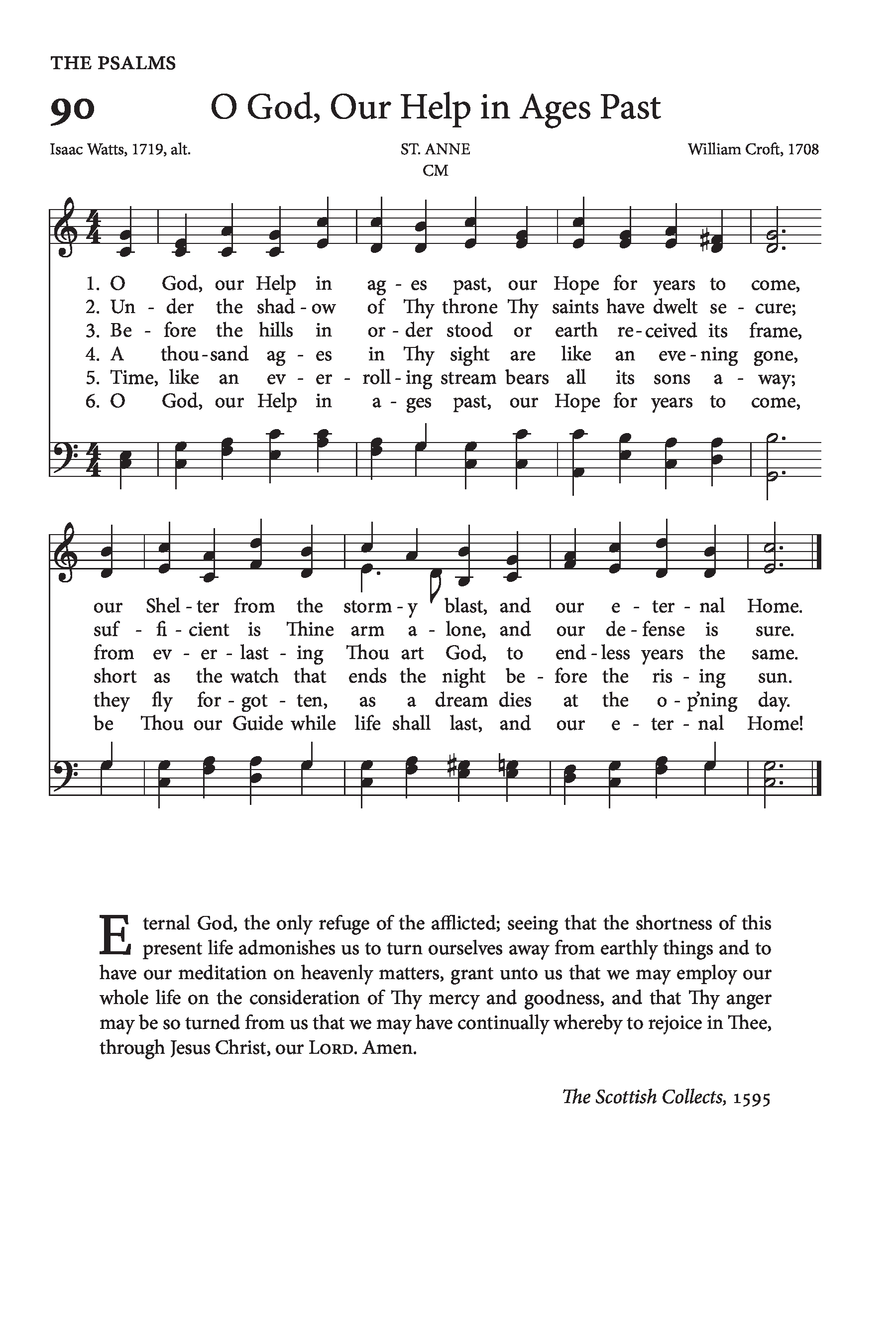

📬 Subscribe to Our Devotional Updates
Receive weekly hymns, devotionals, and website features directly in your inbox.
⭐ Recommend This Hymn
Share this beautiful hymn with others
This hymn is found in these hymnals
Open the hymnal that contains this hymn:
Latest Updated Hymnals
-
Open
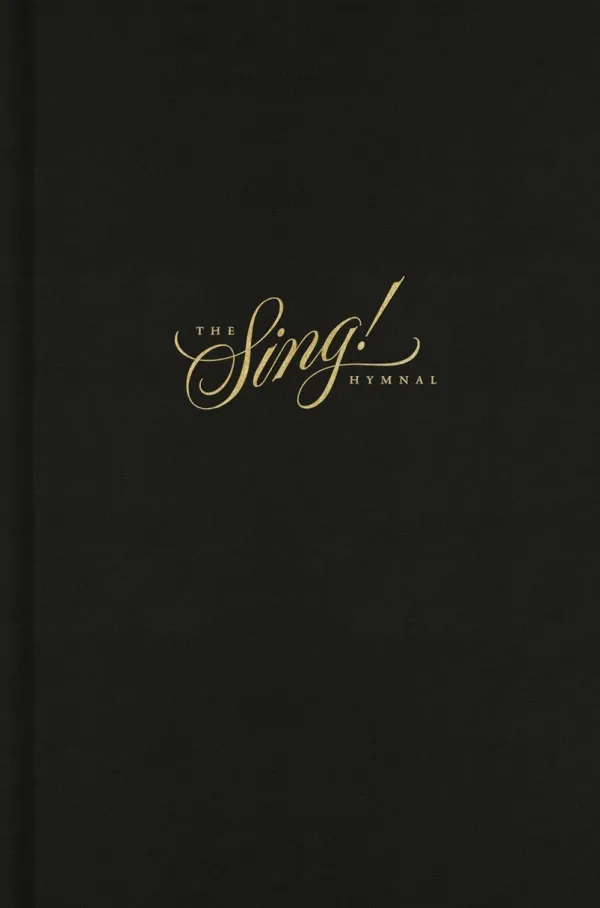 Sing! HymnalUpdated Feb 13, 2026 · 2025
Sing! HymnalUpdated Feb 13, 2026 · 2025 -
Open
 African Songs of Worship (ASW1986)Updated Feb 12, 2026 · 1986
African Songs of Worship (ASW1986)Updated Feb 12, 2026 · 1986 -
Open
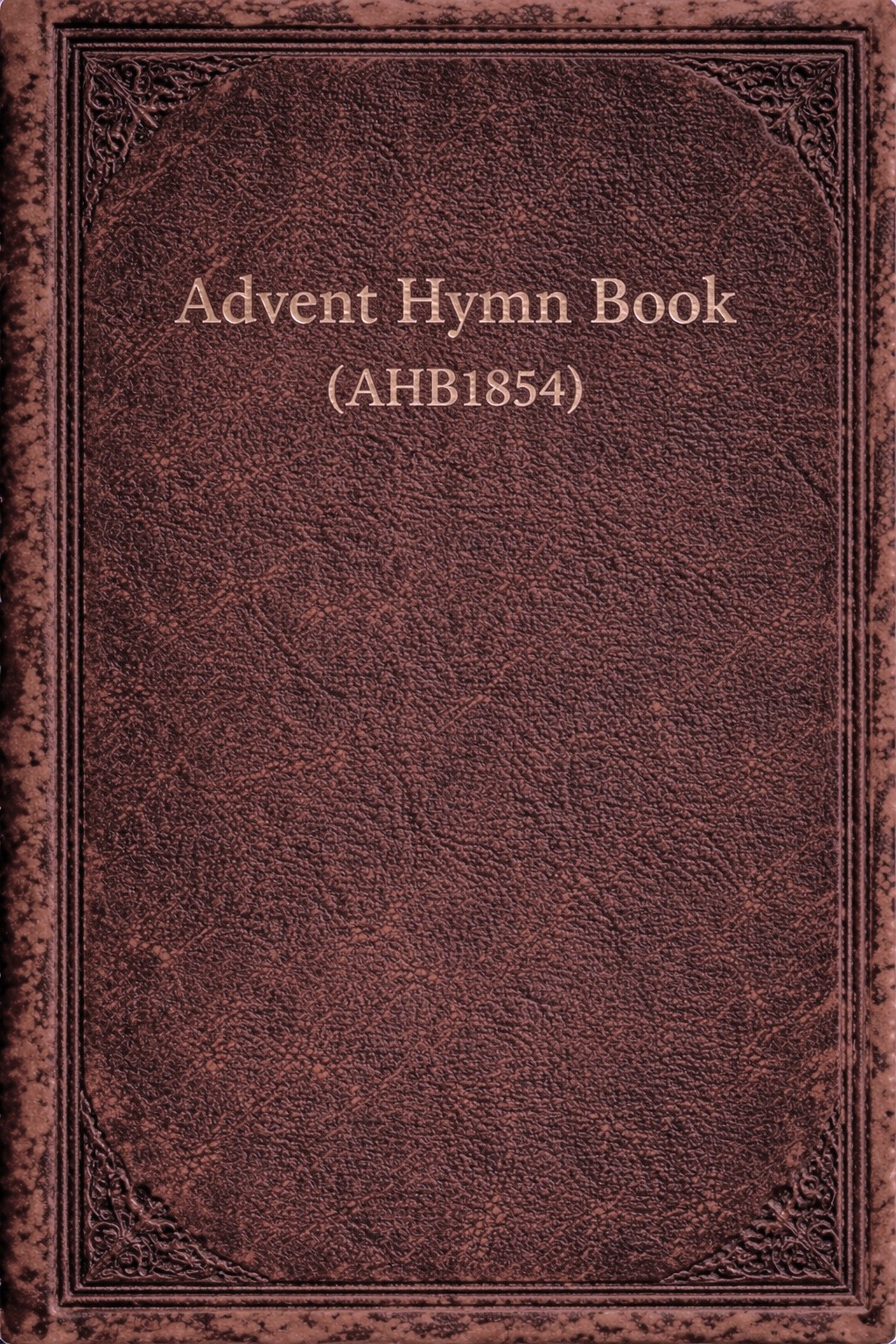 Advent Hymn Book (AHB1854)Updated Feb 12, 2026 · 1854
Advent Hymn Book (AHB1854)Updated Feb 12, 2026 · 1854 -
Open
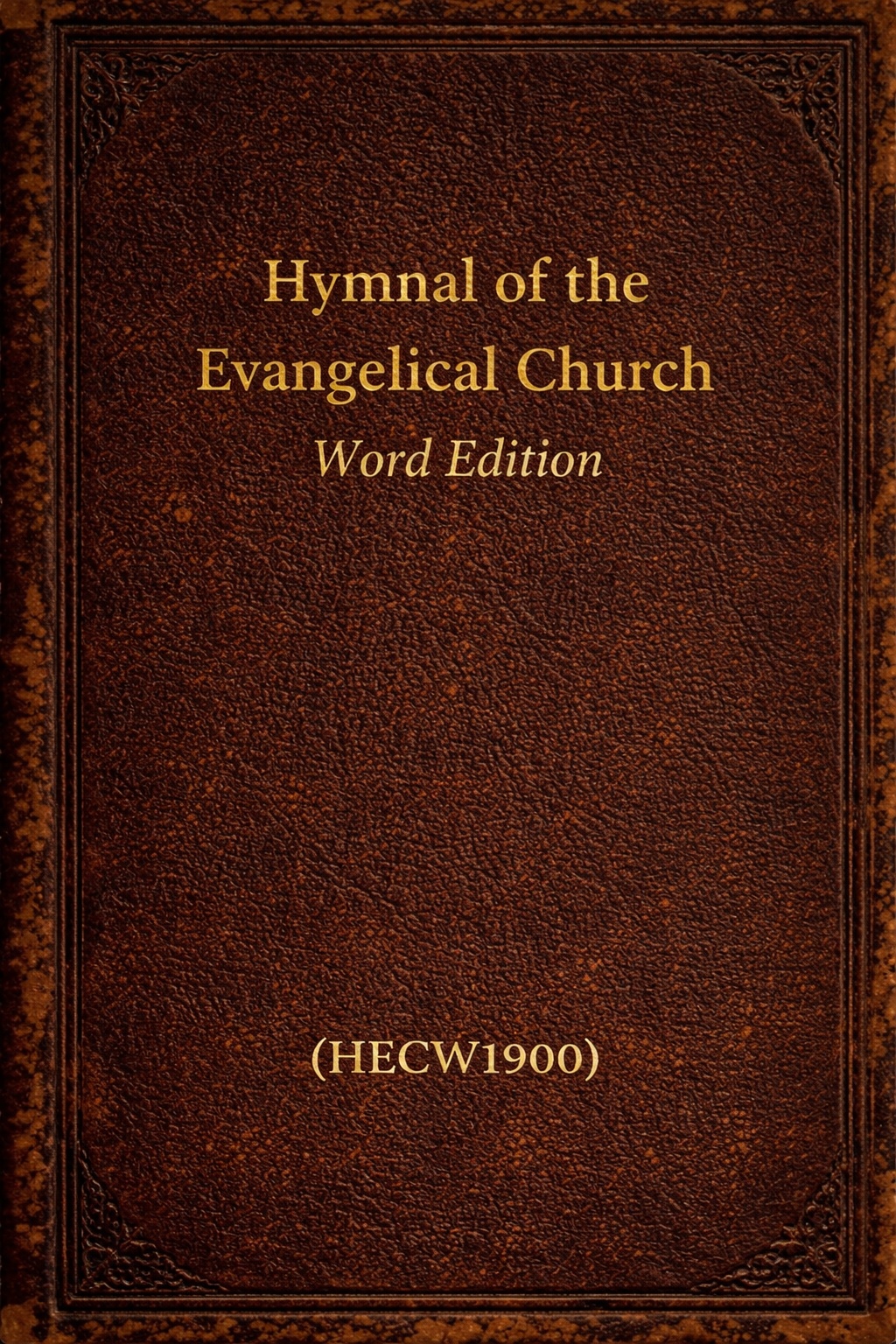 Hymnal of the Evangelical Church, Word Edition (HECW1900)Updated Feb 12, 2026 · 1900
Hymnal of the Evangelical Church, Word Edition (HECW1900)Updated Feb 12, 2026 · 1900 -
Open
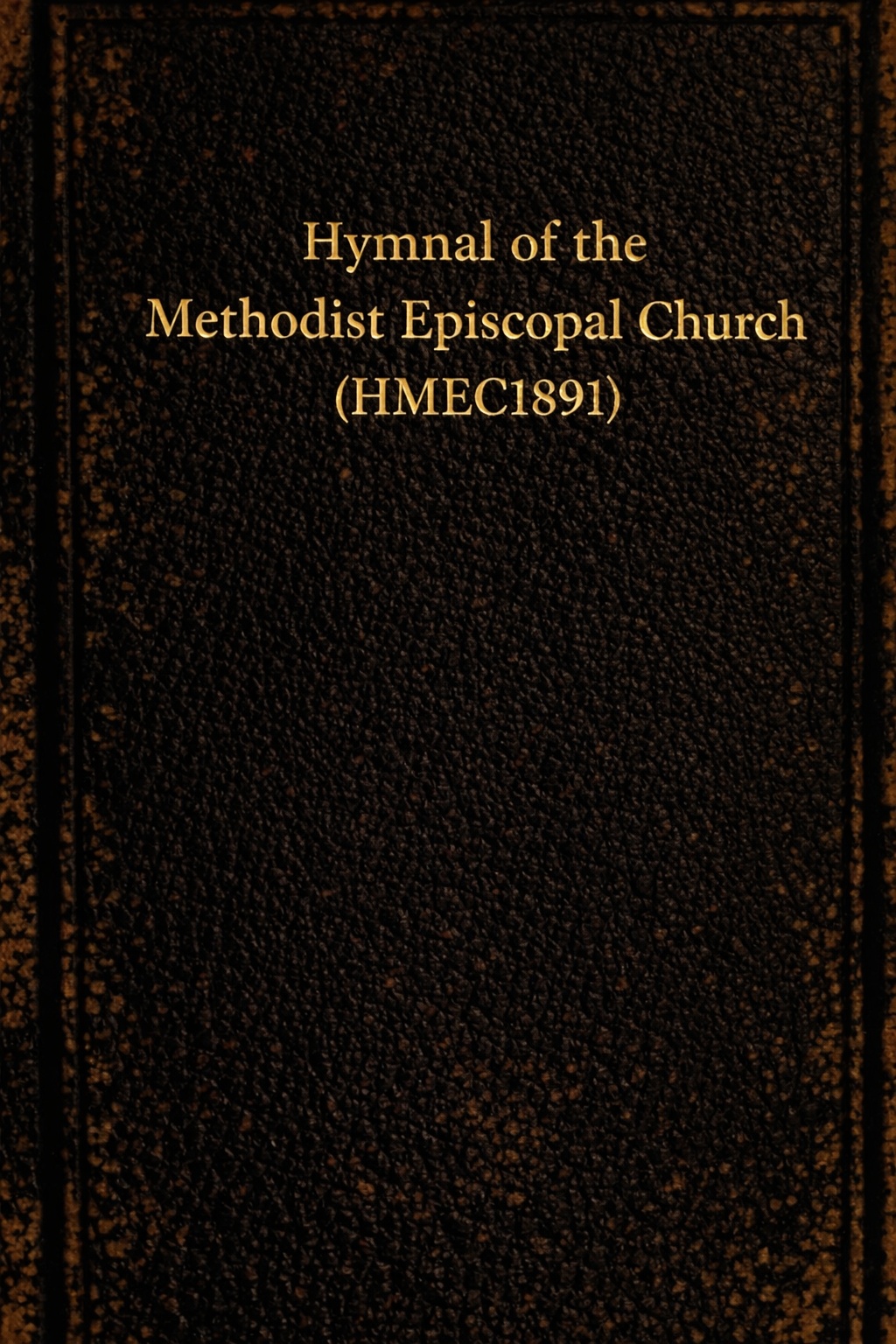 Hymnal of the Methodist Episcopal Church (HMEC1891)Updated Feb 12, 2026 · 1891
Hymnal of the Methodist Episcopal Church (HMEC1891)Updated Feb 12, 2026 · 1891
Hymn Information
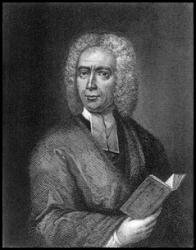
- Category: Hymn
- Author/Writer: Isaac Watts (1719)
- Added: June 30, 2025
- Last Updated: June 30, 2025
- Views: 1826
To view the author's biography, click their name above.
MIDI File
Popular Hymns
Recent Blog Posts
Popular Blog Posts
Visit Us on Social Media
Latest from X (Twitter)
Tweets by HymnalLibraryLatest from Facebook
Latest on YouTube
Daily Bible Verse
Disclaimer
The hymns, sheet music, MIDI files, and related content on this website are provided for educational and research purposes only.
- Public Domain: Many of the hymns featured here are in the public domain and may be freely used.
- Copyrighted Works: Some hymns may still be under copyright protection. Where applicable, permission has either been requested from the copyright owner, or the content is shared under the principles of fair use for educational purposes.
⚠️ Important Notice: If you wish to reproduce, distribute, or use any copyrighted hymn beyond personal study or educational use, you must obtain permission directly from the copyright holder. This website does not grant any rights for commercial use yet.
If there is any other question please address it to us in our Contact Page, for further assistance. Thank you for using the site. May God Bless You.





